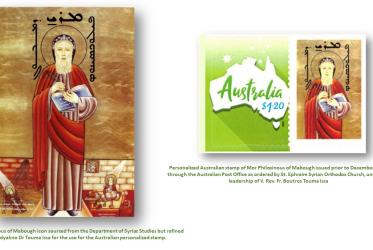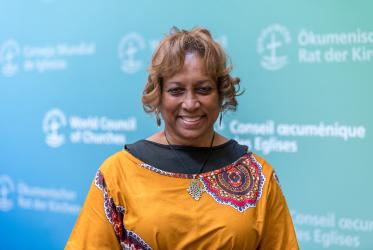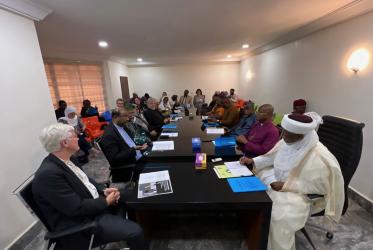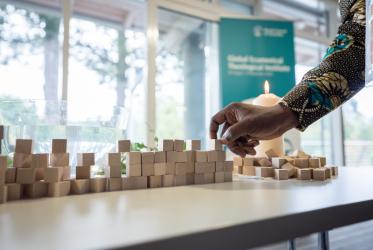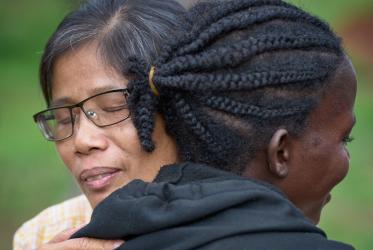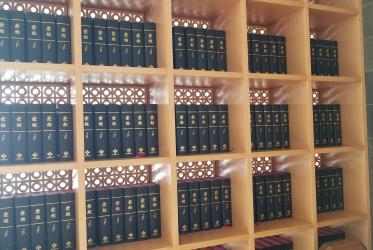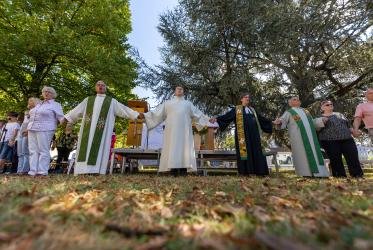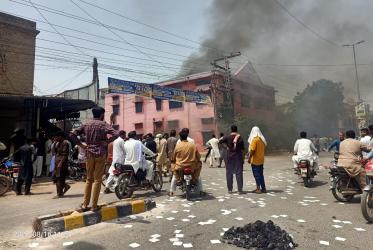Displaying 1 - 20 of 444
What can churches do to prevent modern slavery?
22 February 2024
Churches in Africa agree on guidelines for disability inclusion
19 December 2023
WCC institute encouraged rethinking theology
23 November 2023
WCC visits Sultan of Sokoto “to work together for peace and harmony”
17 November 2023
Ecumenism in the Philippines means hope and resilience
22 August 2023
WCC condemns attacks against churches in Pakistan
17 August 2023



